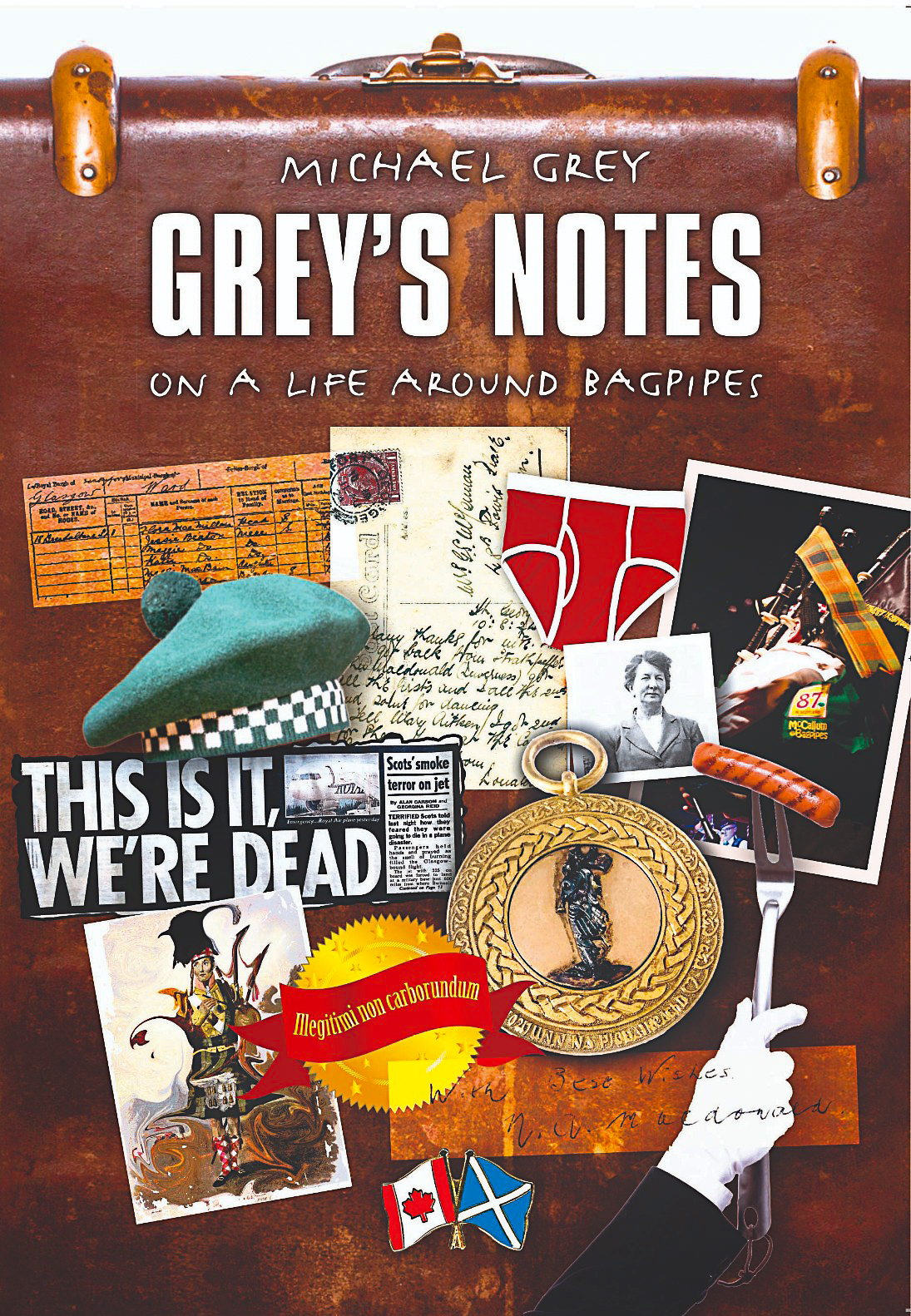A Huge Part of Pipe Band Ensemble
March 23, 2008 on 9:49 pm by Michael Grey | In Music, Pipe Bands, Whinges | 2 CommentsThere seems to be a fair bit of upset these days about ruling that came to be as a result of a vote at the recent Annual General Meeting of the Royal Scottish Pipe Band Association. Apparently members in attendance voted to remove the “best bass section” prize from the list of those awarded at major pipe band championships. The upset appears to be coming mainly from bass and tenor drummers caught off-guard by the rule change. Like most meetings of this kind attendance was reportedly sparse and a poor representation of general membership. What transpired is a good reminder for next year’s meeting: turn up if you want a voice. I have to admit, to be fair, that not turning up at an AGM never stopped me from crabbing about what I viewed was an ill-conceived rule or policy change.
Regardless,I view this change as not only a long time coming but one fairly enlightened and forward-looking.
Pipe bands in competition are about pipe bands in performance. It’s where we seek to create the best pipe band impact, the best pipe band sound — an explosive feast of sound for the listening audience. With a fairly limited array of musical voices the band sets out to create an ensemble of tasteful and engaging sounds. Rhythmic textures, percussive accents and sonic colour all play their part to create the sound, the ensemble feeling and impression delivered in the performance.
In a pipe band it is percussion that’s central to conquering the challenge of delivering a balanced, yet impactful, performance, one that connects with the listener.Percussion will make or break the product.
However, while percussion (snare, bass, tenor drums) might be described as lynchpins in the great mystery of pipe band ensemble their voices hold equal sway with their chantered team members. Maybe, like a really fine soup, great pipe band ensemble is made up of just the right blend of just the right sounds and rhythms: a dash of this, a bit of that, all with the right preparation. Its a tricky business and too much of one thing, one sound, can spoil the whole thing.
So, to my point: competitive pipe band utopian state would see a group of adjudicators charged with assessing the band’s sound, their “ensemble”. Not one flavour or section of the band; not piping, not snares, not bass and tenor sections, but the band, the overall band.
As we stop isolating pipe band voices through specific award recognition we move away, ever so slightly, from sonic ghettos and move closer to that state where we acknowledge the band as a group of equally important voices.
I’ve been around long enough to have learned a few hard lessons and one of them I am happy to share: in a great pipe band it’s all about us – and not me. Seriously.
M.
2 Comments
Sorry, the comment form is closed at this time.
Dunaber is using WordPress customized and designed by Yoann Le Goff from A Eneb Productions.
 Entries and comments
feeds.
Valid XHTML and CSS.
Entries and comments
feeds.
Valid XHTML and CSS.



Great points, Mike. Especially the last one. I like the historical aspects of the separate awards…as someone pointed out elsewhere…things such as Drew Duthart winning the Sash his father first won in the year Drew was born. Cool stuff.
Comment by iainmacd — March 24, 2008 #
Thanks, Iain. Agree the history can be interesting, still, like 3-pace rolls, intro E’s, best dressed awards, playing with backs to the audience, (etc) I would hate to see history and the conventional get in the way of evolution and forward movement. M
Comment by mike — March 24, 2008 #